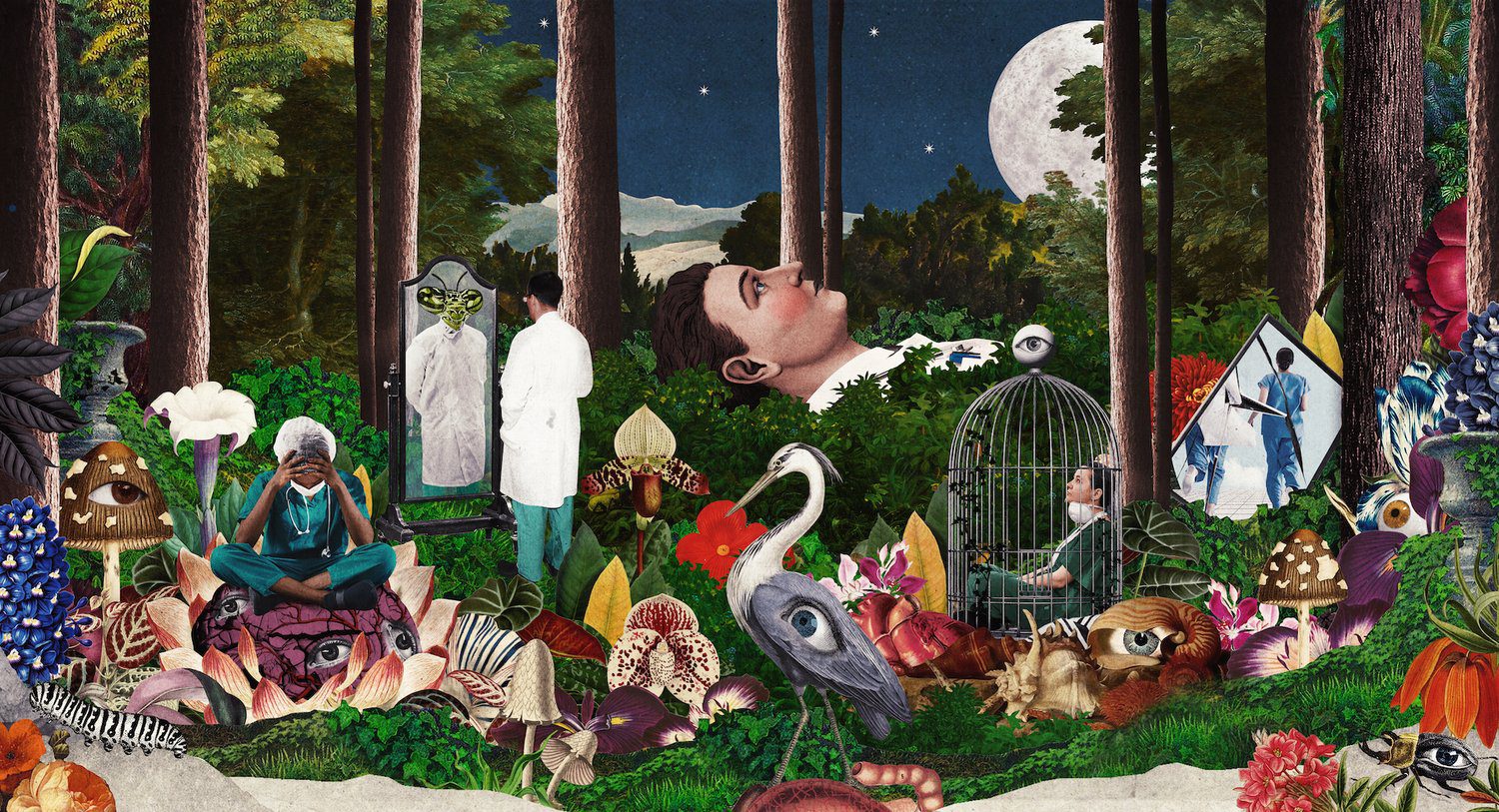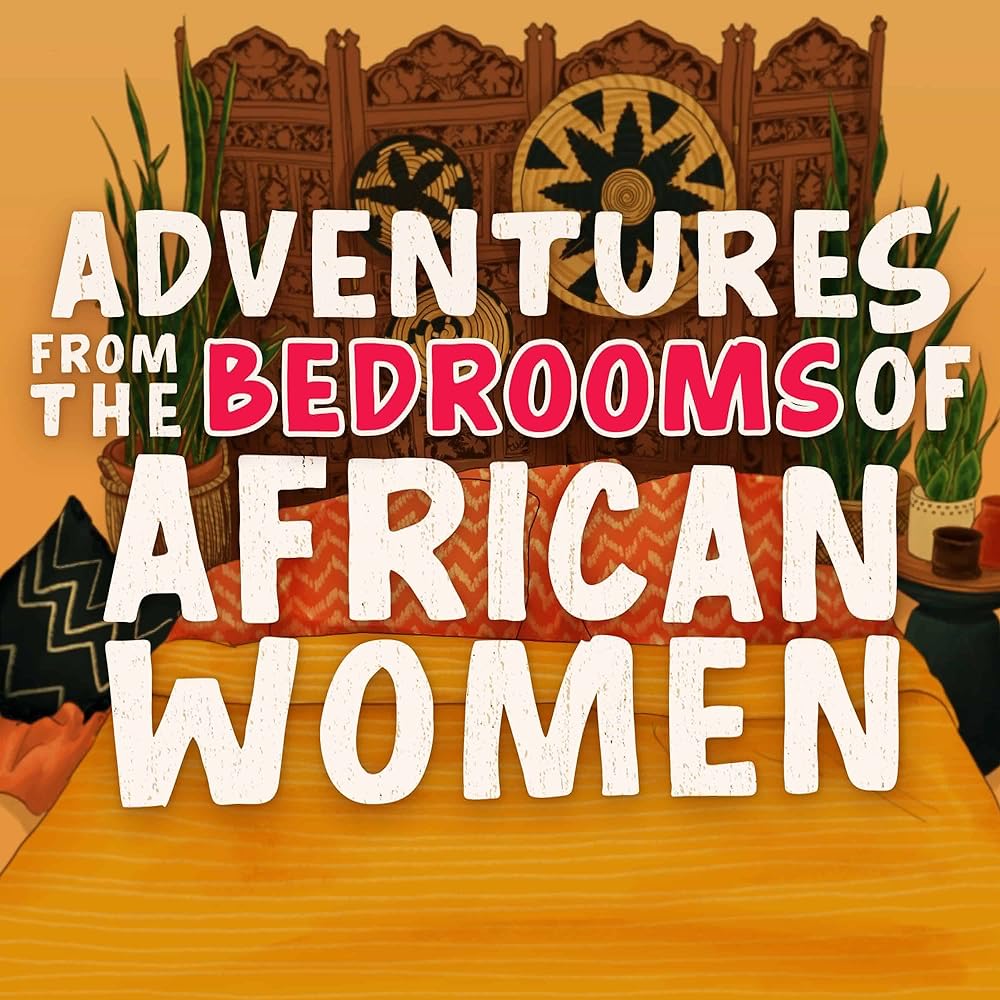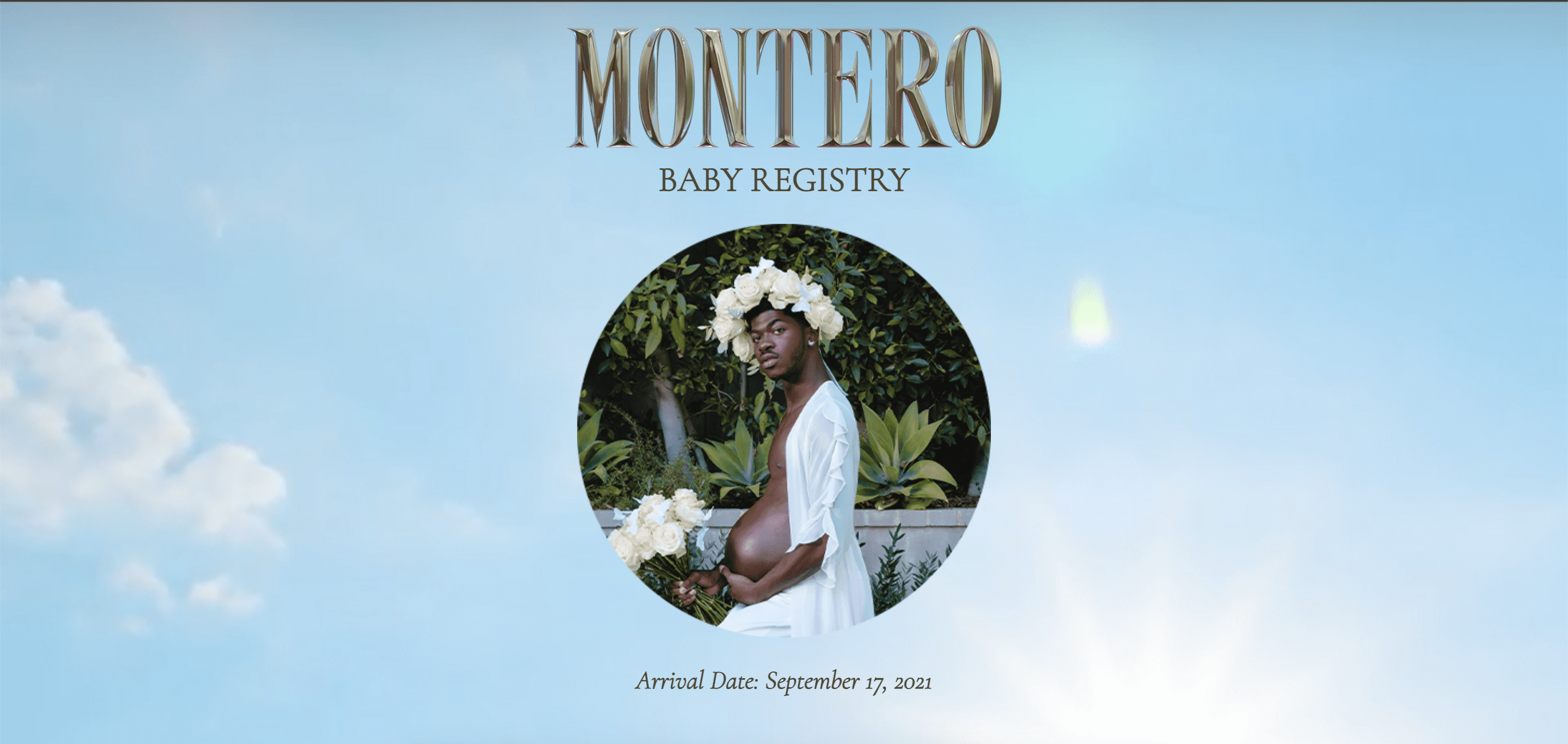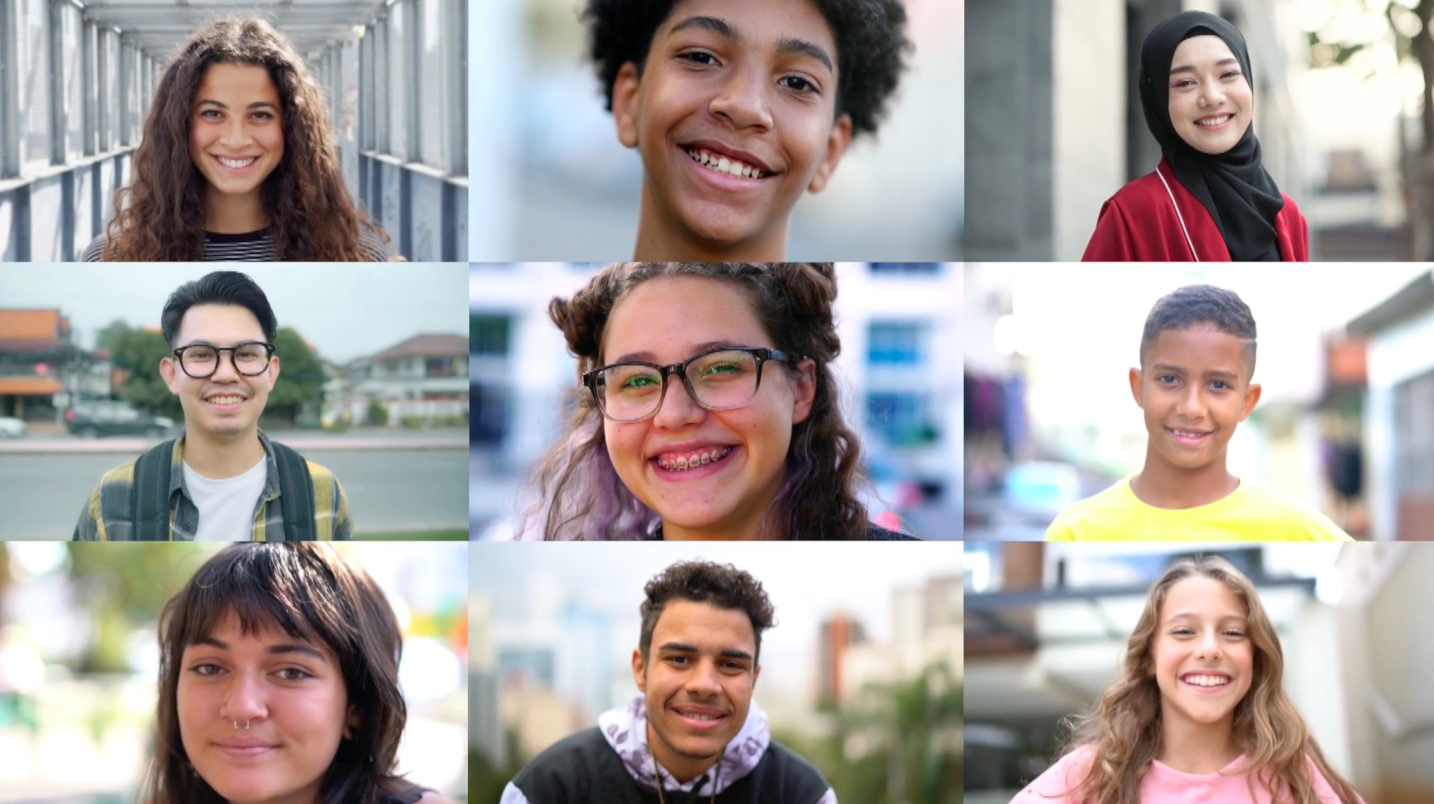How Planned Parenthood is Safeguarding Abortion
Behind “Bans Off Our Bodies,” Planned Parenthood’s nationwide campaign that gave a voice to the anger and grief that followed the overruling of Roe v. Wade in 2022.
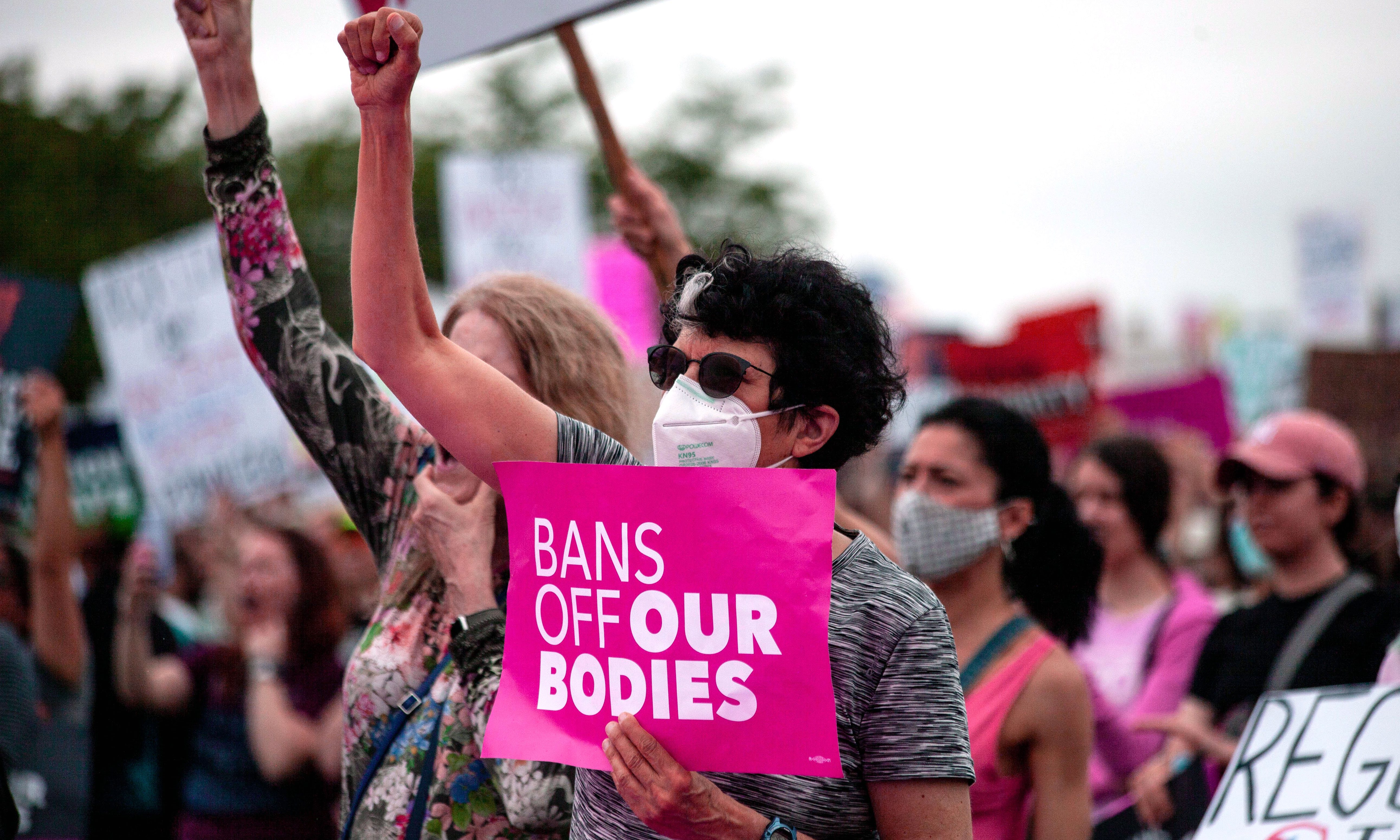
In a time when abortion regulation is at its highest, Planned Parenthood created a platform to amplify the frustration that rippled through the nation as the Supreme Court overturned Roe v. Wade in 2022. Bans Off Our Bodies became a crucial voice in the fight for reproductive autonomy. The campaign educated millions and prepared resources to help folks fight back. It’s a rallying cry to give women and gender non-conforming folks power over their futures.
We spoke with Planned Parenthood to delve into the building blocks of this transformative campaign. Take a look at the steps they took to create a nationwide movement and gain insight into how to strengthen your own work in reproductive health advocacy.
To align your impact work with Anthem’s global community of changemakers and leading advocates, enter the 3rd Annual Anthem Awards by the Extended Entry Deadline on Friday, October 13th!
For those who are unfamiliar, please tell us a bit about Planned Parenthood and the work that you do.
Planned Parenthood is the nation’s leading provider and advocate of high-quality, affordable sexual and reproductive health care for all people, as well as the nation’s largest provider of sex education. With more than 600 health centers across the country, Planned Parenthood organizations serve all patients with care and compassion, with respect, and without judgment, striving to create equitable access to health care. Through health centers, programs in schools and communities, and online resources, Planned Parenthood is a trusted source of reliable education and information that allows people to make informed health decisions. We do all this because we care passionately about helping people lead healthier lives.
What inspired Bans Off Our Bodies? What was the goal driving the project?
When lawmakers enact bans on abortion—as they did at a breakneck speed in 2019— they harm real people. Abortion bans take away our ability to control our own bodies, our own health, and our own future. Bans Off Our Bodies began as a rallying cry for people across the country as those bans went into effect. The campaign was built to evolve to encompass a growing movement as more people became aware of the threat to our rights.
When the Supreme Court overturned Roe v. Wade in 2022, Planned Parenthood had the unique responsibility of preparing people across the U.S. for the devastating consequences and providing them with the information and tools to speak up and fight back. We knew it was essential to harness shock and anger with empowerment—to engage and prepare people for the long road ahead. And so we did.
When Planned Parenthood supporters, abortion rights supporters, coalition partners, corporate partners, the arts and entertainment industry, and others needed a rallying cry to get behind—to show their opposition to abortion restrictions and build a bigger platform for securing, protecting, and expanding abortion access—“Bans Off Our Bodies” became ubiquitous.
This year, The Anthem Awards is putting a spotlight on how change is a chain reaction. What intersecting areas does Bans Off Our Bodies speak to and address?
Bans Off Our Bodies is a rallying cry for autonomy and equality. It expresses what’s at stake in this moment when access to many forms of health care is under assault. The same people who are trying to control our ability to make our own decisions about abortion are doing the same thing with birth control, IVF, gender-affirming care, and other rights. Bans Off Our Bodies is a campaign that fights not only for control of our own bodies but our ability to control our futures.

Behind the scenes of the production of Bans Off Our Bodies by Planned Parenthood.
As impact work is to continue building off the overall community’s efforts, what projects or initiatives inspired Bans Off Our Bodies?
Planned Parenthood has 106 years of history to build on, learn from, and be inspired by. Our work advocating for each person to have control over their bodies, health, and future is an iterative, ongoing project. With each campaign, we move closer to the heart of what is at stake when reproductive health is attacked: our most personal freedom. We also have 18 million supporters, including patient storytellers who use Planned Parenthood platforms to fiercely defend their right to abortion. They are our most constant source of inspiration, and their commitment, hope, and boldness inspired Bans Off Our Bodies.
What insights have you gained while tackling this issue from your scope of work that other actors in the reproductive health advocacy sector should make note of?
While Planned Parenthood has a highly recognizable brand, we are far from the only organization fighting for reproductive freedom. In watershed moments like the Supreme Court’s Dobbs decision, it is essential that we come together as a community. On May 14, 2022 — just 11 days after a leaked draft opinion showed the Supreme Court was going to overturn Roe v. Wade — Planned Parenthood organizations, and partners at Women’s March, UltraViolet, MoveOn, Liberate Abortion, ACLU, NARAL Pro-Choice America and SEIU organized a massive day of action. More than 1 million people showed up at more than 450 events nationwide under the Bans Off Our Bodies banner.
In the 24 hours following the Supreme Court’s ruling in Dobbs v. Jackson Women’s Health Organization on June 24, Planned Parenthood organizations mobilized hundreds of thousands of supporters in towns and cities across the country. Our coalition held more than 550 events nationwide, including more than 80 hosted by Planned Parenthood organizations. Without these massive coalition events, Bans Off Our Bodies would not have reached as many people or become the rallying cry of the movement.
In what ways has your Anthem recognition impacted your work?
Change happens over time and it’s so important to find moments of celebration and hope in the fight for sexual and reproductive health rights. Being an Anthem Awards Gold winner is an opportunity to celebrate all the work done thus far and an opportunity to bring more partners into the fold for the future.
Bans Off Our Bodies has become more than a campaign—it’s an anthem to fight oppression and a framework for a movement that many will use for years to come.
What hopes do you have for the future of abortion and reproductive rights? What work is left to do following up on Bans Off Our Bodies?
The Supreme Court’s decision to overturn the federal right to abortion stripped tens of millions of people of the right to make their own personal medical decisions. The chaos and confusion this caused for patients and providers was immediate, putting people’s health and lives at risk. Right now, more than one-third of the nation’s women, and more trans and non-binary people live in a state that has banned abortion. Despite the overwhelming support for abortion rights, the opposition continues to double down on the harm by defying democratic norms to put abortion care—and access to the breadth of sexual and reproductive health care services—out of reach. Though the future can seem bleak, recent wins show us we now have the opportunity to build the future we all want and deserve. Today and every day, we are working to ensure that every patient who seeks an abortion can get one.
How has your larger work evolved through this project?
This campaign began in 2019 in response to a record number of state abortion bans as Bans Off My Body. As we continued to see our rights attacked and noted the need for an inclusive campaign for our movement, it evolved to Bans Off Our Bodies (or Basta De Controlarnos in Spanish). Our branding and creative elements have changed to meet the moments and needs of our partners and events. We knew our campaign needed to capture the zeitgeist of the moment, so we focused on cultural and corporate work to drive wide engagement across the country, throughout the media, at events and rallies, in fashion, art, and politics, and on t-shirts, protest signs, baked goods, and even nail art. Bans Off Our Bodies provided the language people needed to show up for abortion rights and for one another with a defiant but hopeful posture. Bans Off Our Bodies has become more than a campaign—it’s an anthem to fight oppression and a framework for a movement that many will use for years to come.
Are there any upcoming initiatives or projects that we should keep an eye out for?
Planned Parenthood and our partners are embarking on the long-term work of restoring access to abortion, which will require successful campaigns on many fronts: to shift culture and destigmatize abortion; to advance ballot initiatives to protect and restore abortion access, to protect democracy and restore democratic institutions so that policy reflects the will of the people; and to fight back against bans in the courts and in the states.
What does winning an Anthem Award mean to you?
We’re excited and grateful to be recognized by our peers in cause campaigns for all the work we have done with the Bans Off Our Bodies campaign. Because of the stigma surrounding sexual and reproductive health, and abortion in particular, this award legitimizes and destigmatizes our work.
Entering the Anthem Awards champions your team’s work and aligns your advocacy with world-class experts in social impact. It cements the change you’ve ignited and amplifies your work to a global audience.
To position your work with the leaders of the social impact space, enter the 3rd Annual Anthem Awards by the Final Entry Deadline on September 15!




